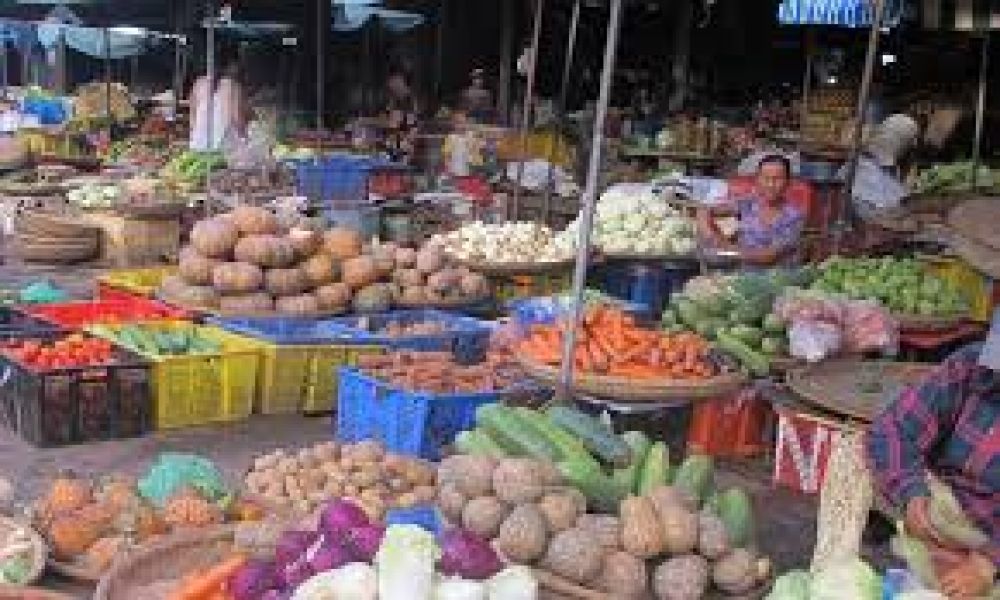

Dong Ba Market is the oldest and the most well-known marketplace in Hue, Vietnam. It has been a focal point for locals and tourists alike for several centuries, dating back to its establishment during the reign of King Gia Long in 1802. The market was later moved to its current location in 1887 during the rule of the French colonial empire. Over time, Dong Ba Market has become a vibrant tapestries of culture, history, and commerce, making it an essential stop for anyone visiting the historic city of Hue.
Initially, Dong Ba Market was not a conventional tourist destination; it was strictly a local trading hub. However, as global interest in Vietnamese culture and history grew, so did the number of visitors to Hue. Since the city of Hue is a UNESCO World Heritage Site, thanks to its Imperial City and historic monuments, Dong Ba Market naturally rose to prominence as a cultural and historical attraction. The tourism boom in Hue particularly took shape post-Vietnam war, after the country opened its doors to foreign tourists. Recognizing the potential, local authorities and merchants began to introduce more elements to appeal to international visitors. This included the sale of traditional handicrafts, clothing, artwork, and the offering of authentic culinary experiences within the market.
Eco-Friendly and Cultural Tourism: Recently, there has been a noticeable trend toward sustainable and eco-friendly tourism practices. Tourists are increasingly interested in understanding the culture and the people of the places they visit. Dong Ba Market has responded to this by showcasing local crafts made from natural materials and promoting cultural interactions, such as traditional cooking classes and live folk music performances. Experience-Based Visits: Travelers are now looking for more immersive experiences, and tours that include a visit to Dong Ba Market often focus on this aspect. Visitors can enjoy hands-on activities, such as creating their own conical hat or participating in a local food making session. Digital Influence and Online Marketing: The digital age has also significantly changed the way tourists discover places like Dong Ba Market. Many visitors now learn about the market through social media, blogs, or travel websites, where they can see photos and read stories of other travelers' experiences. This digital presence has become vital to the market's tourism strategy. Culinary Tourism: The significance of food in traveling has led to the rise of culinary tourism at Dong Ba Market. The market is a paradise for food lovers wanting to taste Hue's street food specialties, such as 'Bun Bo Hue' (Hue beef noodle soup), 'Banh Beo' (steamed rice cakes), and 'Nem Lui' (lemongrass skewers).
Tourism has brought about a significant positive economic impact to Dong Ba Market and its vendors. It has allowed for more job opportunities and has contributed to the preservation of Hue's cultural identity. However, it also presents challenges such as preserving authenticity amidst commercialization and managing the environmental impact of increased foot traffic. Nonetheless, carefully balancing growth with sustainability remains a priority for local stakeholders.
The story of Dong Ba Market is ongoing, with each visitor contributing to its rich tapestry. Whether through sharing their experiences online or by telling friends and family about Hue's iconic marketplace, tourists play a pivotal role in the vibrant life of Dong Ba Market.